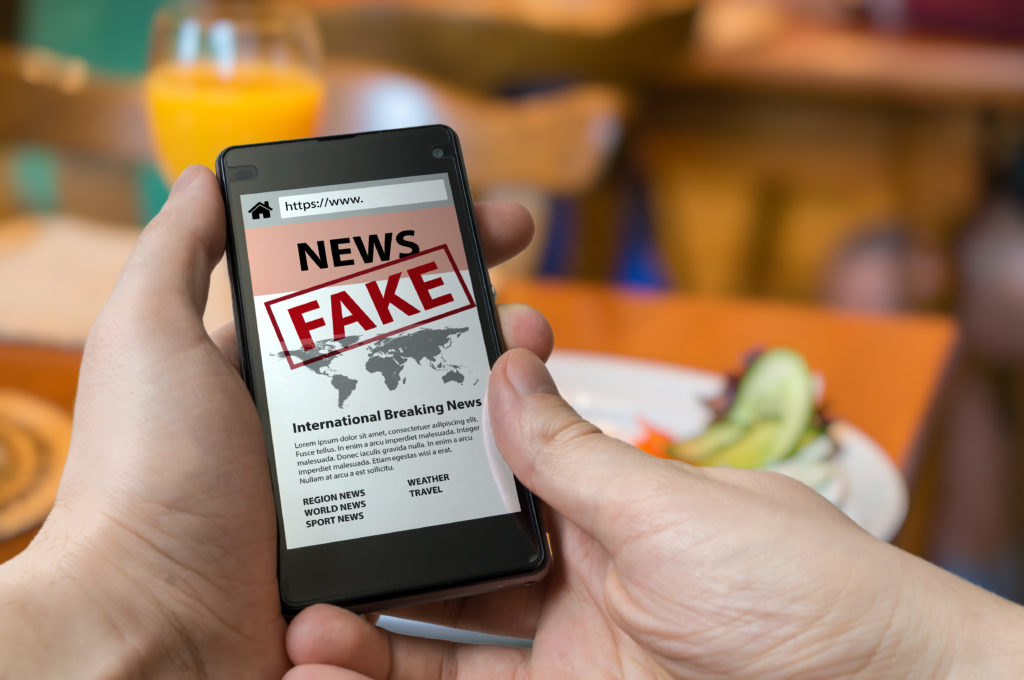Quick Hits
Daily brief research updates from the cognitive sciences

Wouldn’t it be great in the current world if we could inoculate people against misinformation. Sigh! But that will never happen. Wait, you say, it can happen, it is possible, it works! Oh, please tell me more!
Yes, very good news on the misinformation wars.
So, what is this inoculation and how does it work?
Teams of scientists from the University of Cambridge and Bristol behind the Inoculation Science project collaborated with Jigsaw a unit within Google dedicated to tackling threats to open societies.
After conducting seven different experiments with 30’000 participants, they found that viewing a single clip increases awareness of misinformation. The videos introduce concepts from the “misinformation playbook” and includes relatable examples from popular film and TV.
This information is effective for all populations groups and political groupings – simply because most people don’t want to be manipulated. Rather than state opinions the videos are neutral just showing the tricks that are used to manipulate people and this is why they are so effective.
So how can this be spread to the world at large. Well, easily, through YouTube with over 2 billion users worldwide. Google owns YouTube and plans to start a roll out a wave of prebunking programmes in Poland, Slovakia, and the Czech republic targeted at emerging disinformation on Ukrainian refugees.
However, the effect is consistent and large compared to other effects such as brand awareness after advertising, but it is only a 5% increase – nothing to be sniffed at but still a long way to go.
Nevertheless, good news, and I hope they get this rolled out in other areas soon. The world needs more prebunking!

Andy Habermacher
Andy is author of leading brains Review, Neuroleadership, and multiple other books. He has been intensively involved in writing and research into neuroleadership and is considered one of Europe’s leading experts. He is also a well-known public speaker, speaking on the brain and human behaviour.
Andy is also a masters athlete (middle distance running) and competes regularly at international competitions (and holds a few national records in his age category).
Reference
Jon Roozenbeek, Sander van der Linden, Beth Goldberg, Steve Rathje, Stephan Lewandowsky.
Psychological inoculation improves resilience against misinformation on social media.
Science Advances, 2022; 8 (34)
DOI: 10.1126/sciadv.abo6254
More Quick Hits
Coffee Makes Business Teams More Effective
Quick HitsDaily brief research updates from the cognitive sciences just couldn’t resist reviewing this piece of research, from a few years ago, after I stumbled across this (likely because some background algorithm had recommended it to me based...
Caffeine Makes You More Prone to Impulsive Buying
Quick HitsDaily brief research updates from the cognitive sciences fascinating piece of research just published shows that drinking coffee makes you more impulsive. That means you are likely to buy more, and more items you actually don’t need....
Healthy Brains Are Hotter Than You Think
Quick HitsDaily brief research updates from the cognitive sciences hen we get sick we get a fever and we all know what our body temperature should be: around 37°C. Too much above that and we have a fever, and too much below and we risk...
Unpredictable Parents Disrupt Brain Circuitry in Children
Quick HitsDaily brief research updates from the cognitive sciences ntuitively we all know that good parenting is essential to kids’ healthy development. We all agree on that. But as soon as we try to define what good parenting is we then enter into...
A New Study on Inter-Brain Synchronisation
Quick HitsDaily brief research updates from the cognitive sciences n case you didn’t know it brain synchronisation (or inter-brain synchronisation) is a thing. And a pretty cool thing. This happens when two, or more, people do similar things...
Unique Social Genes in Human Beings
Quick HitsDaily brief research updates from the cognitive sciences ne differentiating factor with human beings is our pro-sociality. This means we are a social species, and this sociality is seen in our ability to empathise, be socially tolerant,...






